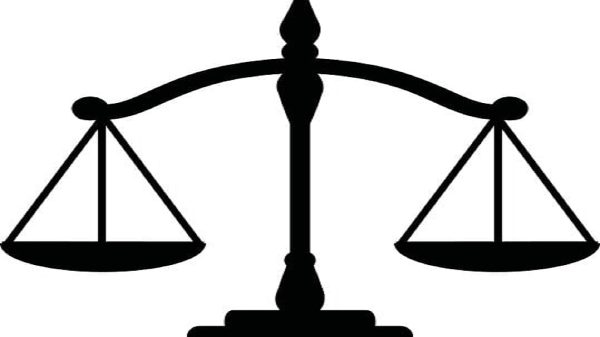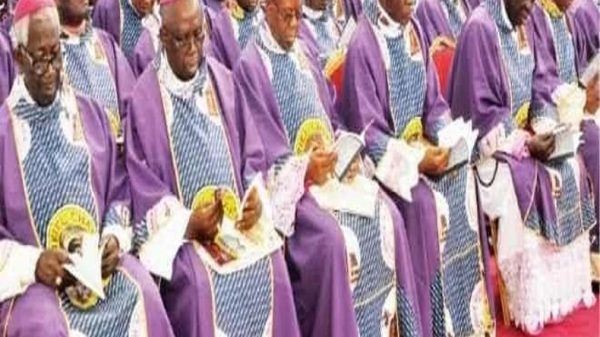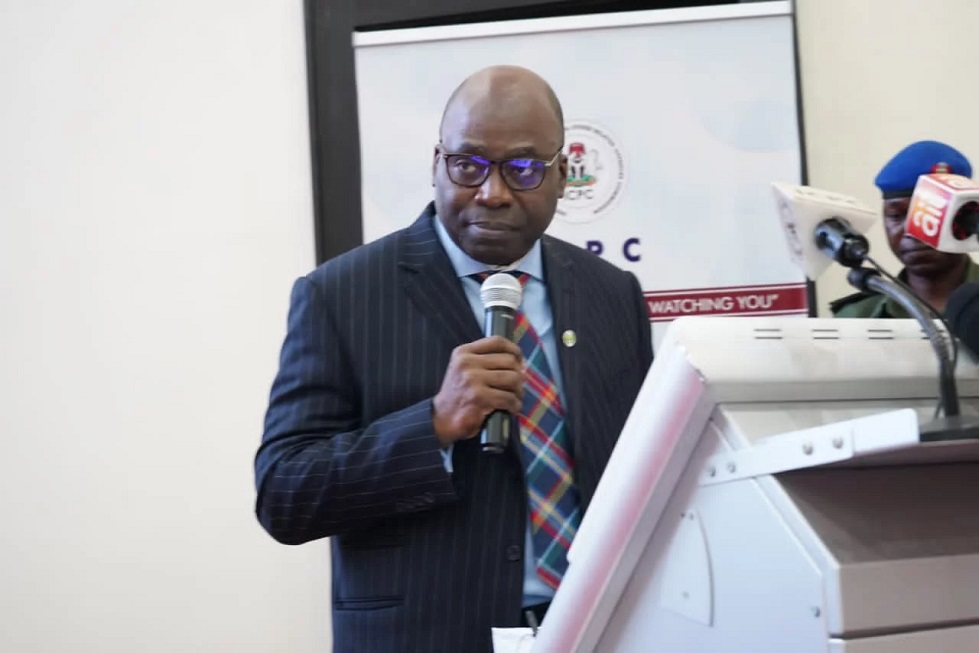Dr. Musa Adamu Aliyu, chairman, Independent Corrupt Practices and Other Related Offences Commission (ICPC), has said that an estimated 87 million bribes amounting to N700 billion were paid in 2023 alone.
Aliyu also said that the frequency of bribes is higher in rural areas than in urban areas.
According to him, corruption remains one of the most significant impediments to Nigeria’s development, as it erodes trust in public institutions, undermines the rule of law, and stifles economic growth.
Aliyu, a Senior Advocate of Nigeria (SAN), spoke when he delivered a keynote address at the ongoing International Law Conference organised by the Faculty of Law, Ahmadu Bello University, Zaria.
The ICPC chairman, who spoke on “Law and Contemporary Societal Issues: Navigating Challenges and Opportunities,” also pointed out that corruption is not only a legal issue but also a social problem that requires a comprehensive and sustained approach.
According to a recent survey by the Nigeria Bureau of Statistics, corruption ranked fourth among the most critical problems affecting the country in 2023, after cost of living, insecurity, and unemployment.
Aliyu revealed that in 2023, an estimated 87 million bribes amounting to N700 billion were paid and that the frequency of bribes is higher in rural areas than in urban areas.
“Despite these challenges, we are making progress. The rate of citizens reporting bribe payments to official authorities increased from 3.6 per cent in 2019 to 8.6 per cent in 2023.
This is a testament to the growing awareness and willingness of Nigerians to fight corruption,” he further said.
The ICPC chair stressed that abuse of office also remained a form of corrupt practice common in many sectors of the Nigerian public service, saying that sexual harassment is a significant issue in Nigerian tertiary institutions, with studies indicating a high prevalence among female students.
He said that according to the 2018 World Bank survey, approximately 70 per cent of female graduates from these institutions reported experiencing sexual harassment by classmates or instructors.
Aliyu described human rights and social justice as the cornerstones of a fair society, ensuring dignity, freedom, and equal opportunities for all.
“Corruption undermines these rights, breeding inequality and oppression. The ICPC is committed to upholding human rights and promoting social justice by combating corruption and ensuring access to essential services,” he said.
The ICPC boss, who also spoke on digital transformation and cybersecurity, urged that the judiciary needs continuous education and training to effectively adjudicate cyber-related cases such as online fraud, sexual extortion, cybersquatting, and unlawful interception of communications.
Aliyu concluded that tackling corruption, human rights, digital threats, and environmental issues presented major challenges and exciting opportunities and that these hurdles could be overcome by uniting efforts, embracing innovative technologies, and championing justice.
![]()





























































